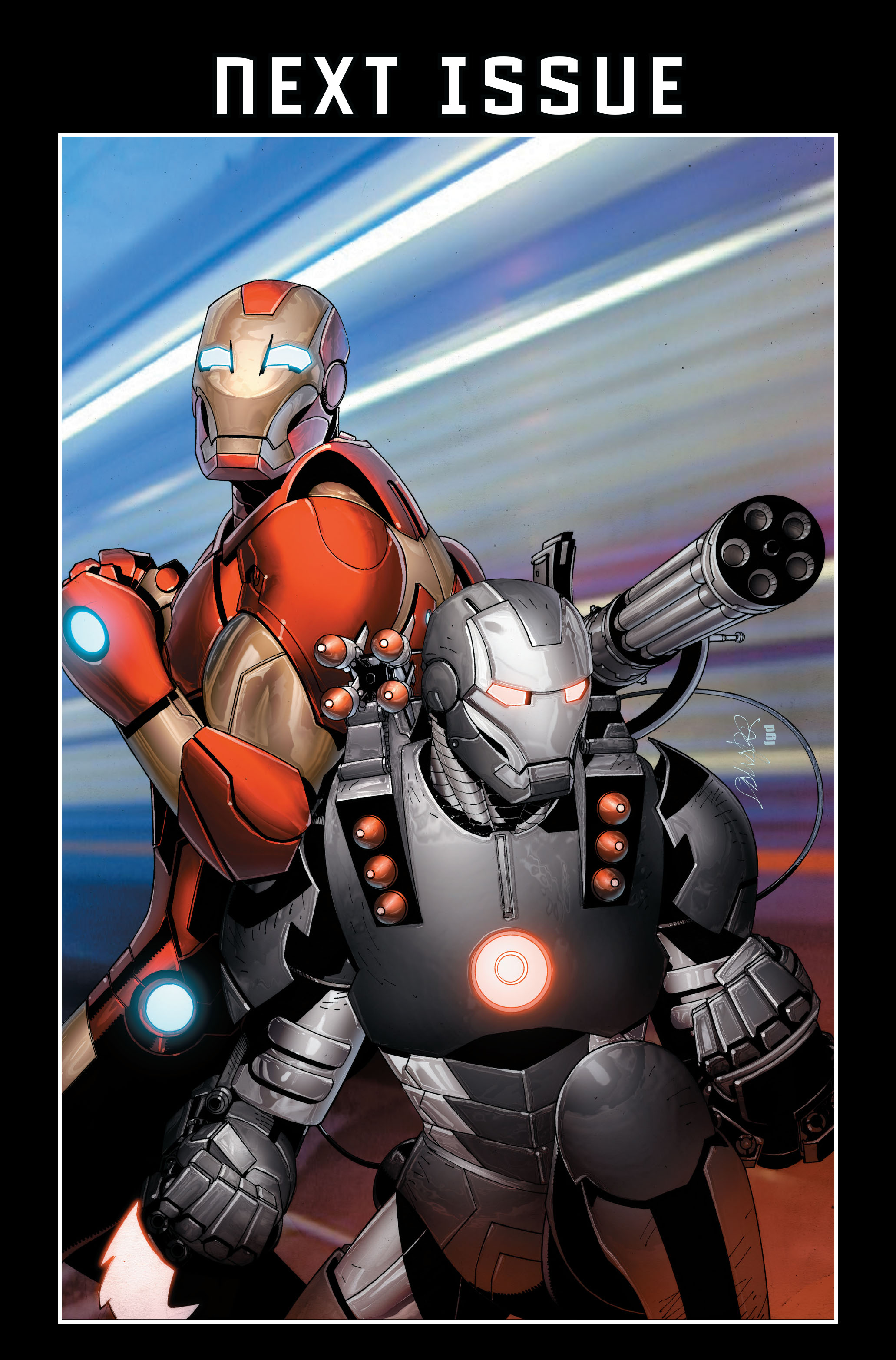

Some chronic diseases-such as rheumatoid arthritis, inflammatory bowel disease, and some types of cancer-can interfere with the body's ability to use its stored iron. By age 6 to 9 months, full-term infants could become iron deficient unless they eat iron- enriched solid foods or drink iron-fortified formula. Iron deficiency anemia in infancy can lead to delayed psychological development, social withdrawal, and less ability to pay attention. Women who are pregnant or breastfeeding should take an iron supplement as recommended by an obstetrician or other healthcare provider. Getting too little iron might also harm her infant’s brain development. Getting too little iron during pregnancy increases a woman's risk of iron deficiency anemia and her infant's risk of low birth weight, premature birth, and low levels of iron. Pregnant womenĭuring pregnancy, the amount of blood in a woman's body increases, so she needs more iron for herself and her growing baby. Iron’s most important contribution to health is preventing iron deficiency anemia and resulting problems. Scientists are studying iron to understand how it affects health. It can also occur in people who do not eat meat, poultry, or seafood lose blood have GI diseases that interfere with nutrient absorption or eat poor diets. Iron deficiency is not uncommon in the United States, especially among young children, women under 50, and pregnant women. Infants and children with iron deficiency anemia might develop learning difficulties. In addition, people with iron deficiency anemia are less able to fight off germs and infections, to work and exercise, and to control their body temperature. Symptoms of iron deficiency anemia include GI upset, weakness, tiredness, lack of energy, and problems with concentration and memory. As a result, blood carries less oxygen from the lungs throughout the body. Red blood cells become smaller and contain less hemoglobin. But when levels of iron stored in the body become low, iron deficiency anemia sets in. The body uses its stored iron in the muscles, liver, spleen, and bone marrow. In the short term, getting too little iron does not cause obvious symptoms. People with cancer, gastrointestinal (GI) disorders, or heart failure.Infants (especially if they are premature or low-birth weight).Teen girls and women with heavy periods.However, certain groups of people are more likely than others to have trouble getting enough iron:

Most people in the United States get enough iron. Accidental overdose of iron-containing products is a leading cause of fatal poisoning in children under 6. Dietary supplements that contain iron have a statement on the label warning that they should be kept out of the reach of children. Iron in supplements is often in the form of ferrous sulfate, ferrous gluconate, ferric citrate, or ferric sulfate. Iron is available in many multivitamin-mineral supplements and in supplements that contain only iron. What kinds of iron dietary supplements are available? Your body absorbs iron from plant sources better when you eat it with meat, poultry, seafood, and foods that contain vitamin C, such as citrus fruits, strawberries, sweet peppers, tomatoes, and broccoli. Meat, seafood, and poultry have both heme and nonheme iron. Nonheme iron is found in plant foods and iron-fortified food products. Iron in food comes in two forms: heme iron and nonheme iron.

Iron-fortified breakfast cereals and breads.You can get recommended amounts of iron by eating a variety of foods, including the following: Iron is found naturally in many foods and is added to some fortified food products. Vegetarians who do not eat meat, poultry, or seafood need almost twice as much iron as listed in the table because the body doesn’t absorb nonheme iron in plant foods as well as heme iron in animal foods. Average daily recommended amounts are listed below in milligrams (mg). The amount of iron you need each day depends on your age, your sex, and whether you consume a mostly plant-based diet. Your body also needs iron to make some hormones. Your body uses iron to make hemoglobin, a protein in red blood cells that carries oxygen from the lungs to all parts of the body, and myoglobin, a protein that provides oxygen to muscles. Iron is a mineral that the body needs for growth and development.
#Male iron man reader professional
For more details, see our health professional fact sheet on Iron. This is a reader-friendly overview of Iron. Does iron interact with medications or other dietary supplements?.What are some effects of iron on health?.What happens if I don't get enough iron?.What kinds of iron dietary supplements are available?.


 0 kommentar(er)
0 kommentar(er)
